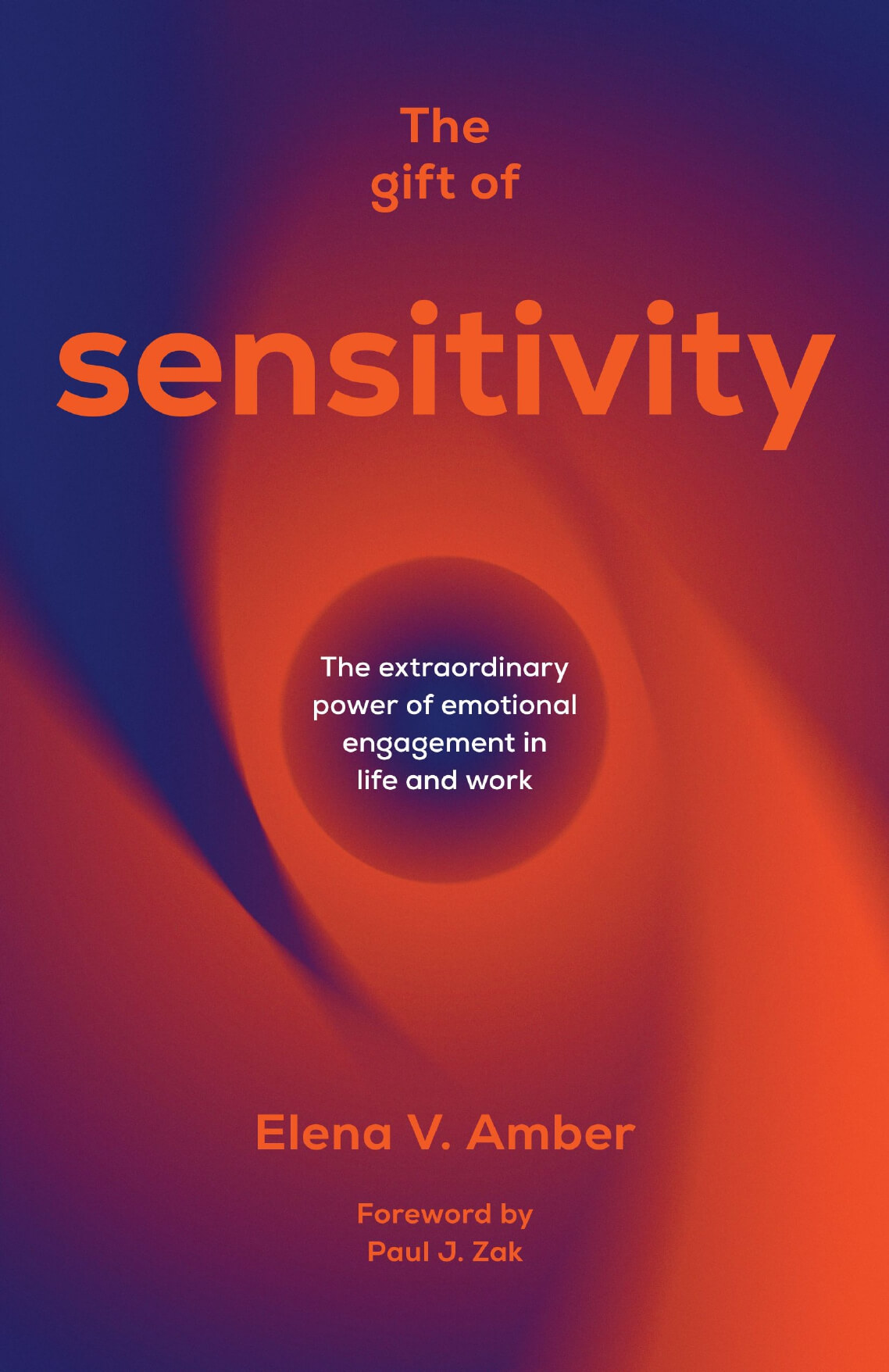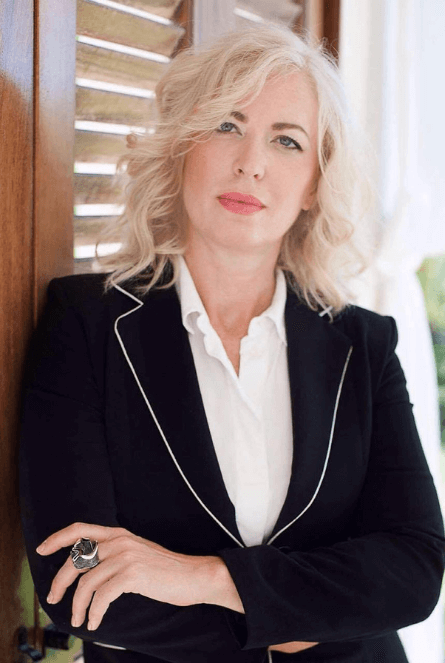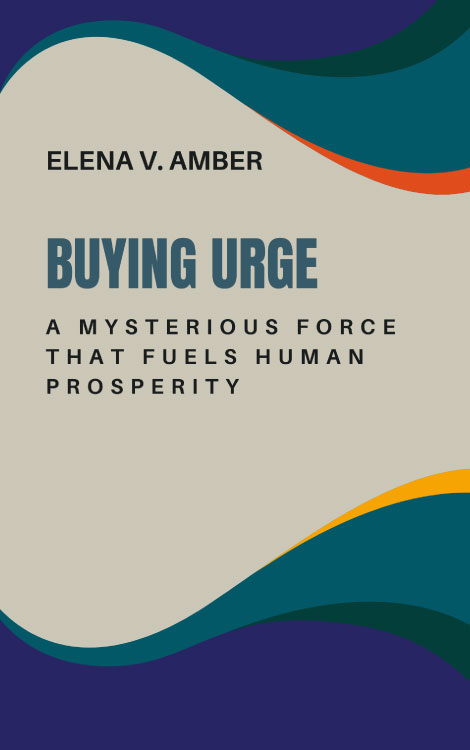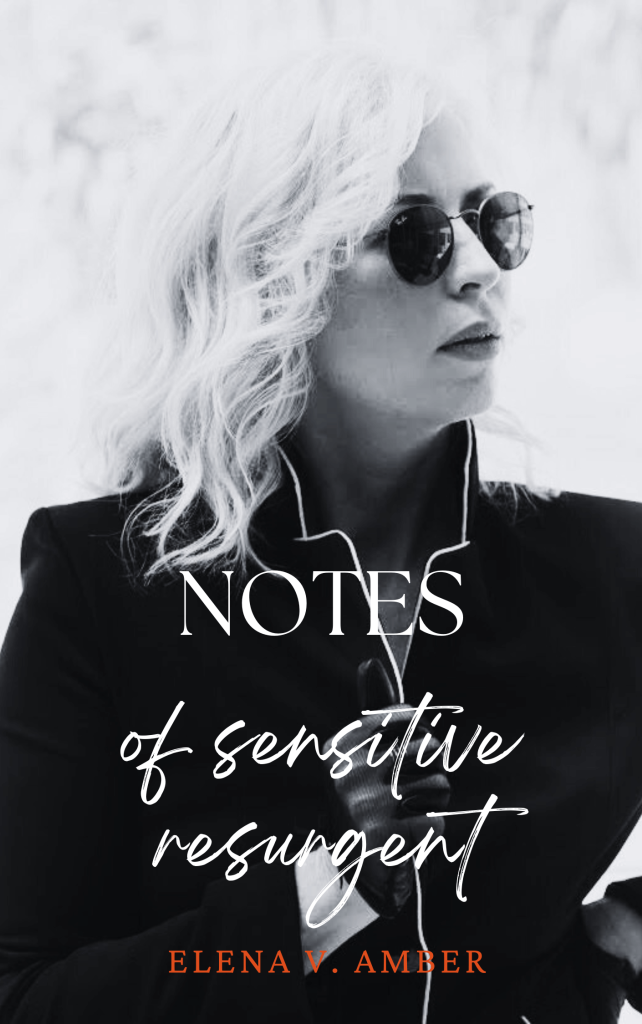My story
Chances all of these are so familiar to you if you come across my profile: “Do it, stop being emotional, take back control, move, and don’t get stuck!” I was “in control” for half of my life, using personal influence. It worked out until I collapsed.
Self-control is often compared to a limited energy source. When it is running low, we might struggle to keep our cool and push away negative thoughts. This increased absorption of negativity makes us feel vulnerable, akin to being “without a skin.” In this state, we are more likely to avoid tough challenges, lose our motivation, and find decision-making tricky. This can lead to a drop in performance in tasks that need us to stick it out through discomfort. So, when we are feeling drained, we might dodge conflicts, shy away from speaking up, see things in a too-simplistic way, stop seeking knowledge, and put a lid on our creativity. Many opt for continual self-control due to the popular understanding of its benefits, including “where attention goes, energy flows”, where we increase the dose of self-control towards what we think is important for us.
Hey, I am Elena Amber, the founder, doctoral researcher, and author offering a unique perspective on human existence within a rapidly advancing technological era. I advocate for the significance of emotions in both personal and professional realms through my latest publication, “The Gift of Sensitivity: The Extraordinary Power of Emotional Engagement in Life and Work.”
A few years ago, I was asked a million-dollar question that changed my life: what was one thing that allowed you to have all life success and which you want to share with others?
I have sincere gratitude for my life, full of adventures, interesting people, and opportunities. I have been full on my educational journey, where I hold four diverse Master’s degrees spanning biology, management, psychology, and business administration. In my previous corporate career, I contributed to national initiatives with a turnover of billions, helped with the launch of world-leading brands in new countries, and oversaw start-ups, earning a reputation as a team leader who “makes things happen”. My professional background encompasses an industry portfolio in a very diverse range from telecommunications, to aviation, finance, online retail, or travel. Transitioning from the corporate world for personal freedom and meaningful life, I am currently pursuing a Ph.D. that merges behavioral psychology and economics with neuroscience, focusing on practical research that explores how behavioral factors affect sustainable consumption at the nexus with impulsive purchasing behavior. My social life involves engaging in various projects, from networking and alternative education clubs to community research in locations such as Bali, occasionally embracing a more solitary lifestyle akin to that of a monk, particularly during my work leading to The Gift of Sensitivity book.
However, it was not always like that. I was born with rickets, went through poverty, had a motherless childhood, got a near-death car incident, was barely done with a school certificate due to neurodivergence difficulties and rebellion, and stood the pattern of deaths and loss early.
Might be too early…by the age of 22, I was absolutely alone on the planet and my hair turned completely white in two weeks out of excruciating grief, manifesting that loss.
My personal story revolves around a gripping family drama sparked by my father’s battle with a brain tumor. Despite abandonment by his wife battling a diagnosis, epilepsy, and a prognosis of only two years to live, he defied the odds and lived for 15 years through sheer willpower and the use of “thought alone”. This stands as a testament to the remarkable capacity of human will or self-control power. Yet something was missing in this way of life as he never tapped into his emotions as a source of vitality, living a life of strict self-discipline characterized by daily pain management only by the age of 48.
Answering this powerful question, today I share with you what happens if we embrace our emotions, the wellspring of vitality, rather than suppressing or controlling them, thus depleting our essence. By fostering emotional connections, we meant to feel, know, and understand more, transform faster, and utilize more parts of our brain. We are all born sensitive; I have never met any human without the ability to feel. However, most of us are frozen, or emotionally stultified. Others are vulnerable and wounded and prefer not to touch the emotional zone, which is often a source of pain. Therefore, many of us prefer a life of self-control instead of a life of freedom. A paradigm focused on self-control rather than self-exploration rules the day. However, why suppress emotions and restrict our natural states, wasting precious resources we have?
While not everyone is born into wealth, many achieve financial freedom. I discovered the human capacity tied to emotions that guides us towards freedom and wellbeing. Furthermore, we can treat it as any other asset in our lives, fostering increased self-worth, self-regulation, emotional vitality, empathy, sensitivity, resilience, inclusiveness, and a positive outlook on life. I invite you to own, grow, and apply your Emotional Capital for life and work.
Whenever you’re ready, there are 3 ways I can help you:
- The Gift of Sensitivity Book saves your precious time summarising 8 years of research & personal journey explaining the role of emotions, the crucial difference between sensitivity and vulnerability, and how to own a superpower for a future with extraordinary faculties such as creativity, originality, innovation, intuition, flexibility, and inclusiveness in times of technological acceleration.
- The Emotional Capital Newsletter informs you with a mosaic of perspectives and insights on how emotional depth can fuel transformation, expedite learning, and activate greater cognitive capacities. Here vulnerability meets strength and sensitivity is recast not as a liability, but as a potent asset.
- Notes of Sensitive Resurgent Practical Guide promotes you sharing your story and/or questions. Notes of Sensitive Resurgent is a practical “how-to” guide, with a target for understanding and experiencing what’s possible when we tap into our innate abilities. Let’s grow together!
Let Me Invite You
Let me invite you to the “World of senses”, sensitivity, and the dormant power of human emotions, which we need in the era of technology dominance.
The idea to make the world a better place or humans a better race is twofold: on the one hand, we could change it endlessly for what we believe is good, and on the other, we could shift our perception to accept it and fall in love with reality.
The world is individually perceived; some find it fantastic, yet some can barely cope. The truth is how you perceive it will continue. If you find it harsh, the chances you could get in touch with stress, depression, loneliness, disintegration, and polarization of the current social world are pretty high. Our perception is highly selective and individual, and we are attuned to particular things. What we pay attention to becomes augmented for us, and we start to see it increasingly, as would be resonating at the same frequency. Therefore, it is better to notice where we put our attention.
To manage attention, many choose ongoing control of their state and thoughts via mindfulness techniques. In my case, mental choices and willpower to direct attention were useless and disconnected from my emotions and bodily sensations. I was born as a member of the population that science calls “highly sensitive people.” This means I see, taste, hear, smell, and feel many more stimuli than others, and I feel them more intensely. High sensitivity is an innate trait, so I could not choose what to sense or feel, streaming it maximally, as many sensitives or empaths do. In the pursuit to become “normal,” I realized that self-control of attention caused a disconnection from my emotions which became a process of self-destruction.
However, I have made a breakthrough using self-care and compassion and found a way to liberate myself without denying the truth about my emotional states. In The Gift of Sensitivity, I share the details of my journey and understanding of how a connection to emotions enables us to release self-control or any other type of control, uniting with our inner world. These are emotions that polarize our thoughts, making them good, bad, or neutral, so why to control thoughts instead of releasing emotions; I wonder. Processing emotional states help us to heal vulnerability, get clarity, and tap into the gift of sensitivity by nourishing our innate faculties for healthy emotional engagement.
As a next step, I dealt with socially accepted but limiting beliefs serving many. For example, a chain of events in my life pushed me to question the well-known notion that we are here to learn from experience. I doubted this because of the repetitive pattern of losing people dear to me, which brought me to severe depression, the abyss of pain, and health problems, without allowing me to understand what and how I could learn more. This experience made me a researcher into this subject, and I now suggest that we are here not to get more but to get rid of such experiences or, to be precise, of their emotional consequences. In the same way, I questioned other concepts, such as: “the hero’s journey” or “the need to become a better version of self every day.” In my observations, I found that when we act despite our inner states, we often burn out, so our mentally-driven achievements could be done at the cost of our health and well-being following unnecessary life tensions.
Instead of disconnections that became a norm from my business executive experience and going through enormous fear, I decided to connect with my emotions and sensitivity more profoundly. Instead of separating from and working against my nature, I embraced it with blind faith that it must have a reason and dived into the unknown emotional subconscious. I took a step away from attention management and focused on emotional engagement, which, in turn, has the superpower to drive perception and attention. Mind techniques, therefore, were combined with heart faculties, where acceptance of emotions was necessary but only the initial step.
I didn’t make tens or hundreds of emotional release sessions. I have practiced for eight years to ensure it works with hard evidence. In addition to my psychological practice, I became the preceptor of Heartfulness meditation, delved into the measurement tools of neuroscience, and started my Ph.D. research on emotional engagement. I tested biological data of my own body, such as brain wave activity and emotional engagement, checked individual psychological safety, researched hundreds of emotions-related articles and books in science and spirituality, did psychological tests on life satisfaction and well-being, and enacted a journaling of life events. My experiment proves the suggestion that the direction of attention necessarily follows once the emotional attachment is released, so we alter our perception without needing to control our thoughts anymore. The blend of deep meditative practice with elements of trauma therapy allows my polymathic brain to witness a novel approach to life events interpretation. All of this let me understand the magic of what is possible regarding the alternation of human perception.
Many types of interventions could change our perception, be it multisensory AI virtual reality, near-death experiences, plant medicine travels, or the experience of surviving a severe physical illness. People have reported that after these events, a change in their perception transformed their life thereafter to such an extent that they felt as though they were privy to a miracle of love, starting a life of service, and enjoying the reality of every day. However, it is not the experience itself that changes perception. A switch of emotional engagement, which happens during such an experience, has changed the life of many. The next question is if our imagination is akin to a virtual reality that we can access to change our emotional states and perception, do we need any stressful events or technology to enhance our lives?
Dear reader, your emotions are your treasure, an innate gift that leads to emotional engagements and lets you flourish with even more sensitivity without a glimpse of vulnerability. Being sensitive allows you to feel others, nature, and yourself with all subtle, tiny nuances. The same ability to share those feelings or empathy connects you with creativity, intuition, and higher blissful states, requiring emotional non-attachment or liberation, which will become a new norm soon.
We all are born sensitive; I never meet any human without the ability to feel. However, most of us are frozen or disconnected, emotionally stultified. Others are vulnerable and wounded and prefer not to touch the emotional zone, which is often a source of pain. Therefore, many of us prefer a life of self-control instead of the life of freedom. However, tidal waves of past emotional baggage could be processed, allowing you to enter the fresh waters of emotional health. Once you shift your perception from the outcome of your experiences and learning towards emotional processing and feeling, you will be granted access to your dormant emotive capability. Psychology states that the conscious mind doesn’t manage our life, so why change our nature, trying to control it more and more instead of returning to our dormant emotional power and relaxing?
I invite you to enter a story that is not about rituals, discipline, or hard work. It is also not about persistence, which rewards “one day.” I don’t offer a receipt of the good life ever, as this is very individual. This book is my offer to open hearts and minds, written to lay a foundation and initiate a discussion about sensitivity and the dormant power of human emotions which we need in the era of technology dominance. I invite you to become living evidence of true human potential. In trusting of your own nature, you will realize we are not destined to confront our emotions, and I hope my personal journey to discover this fact will serve as an inspiration.






